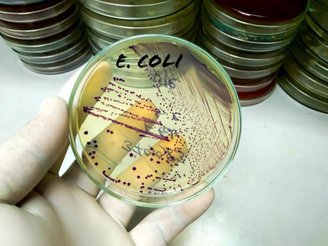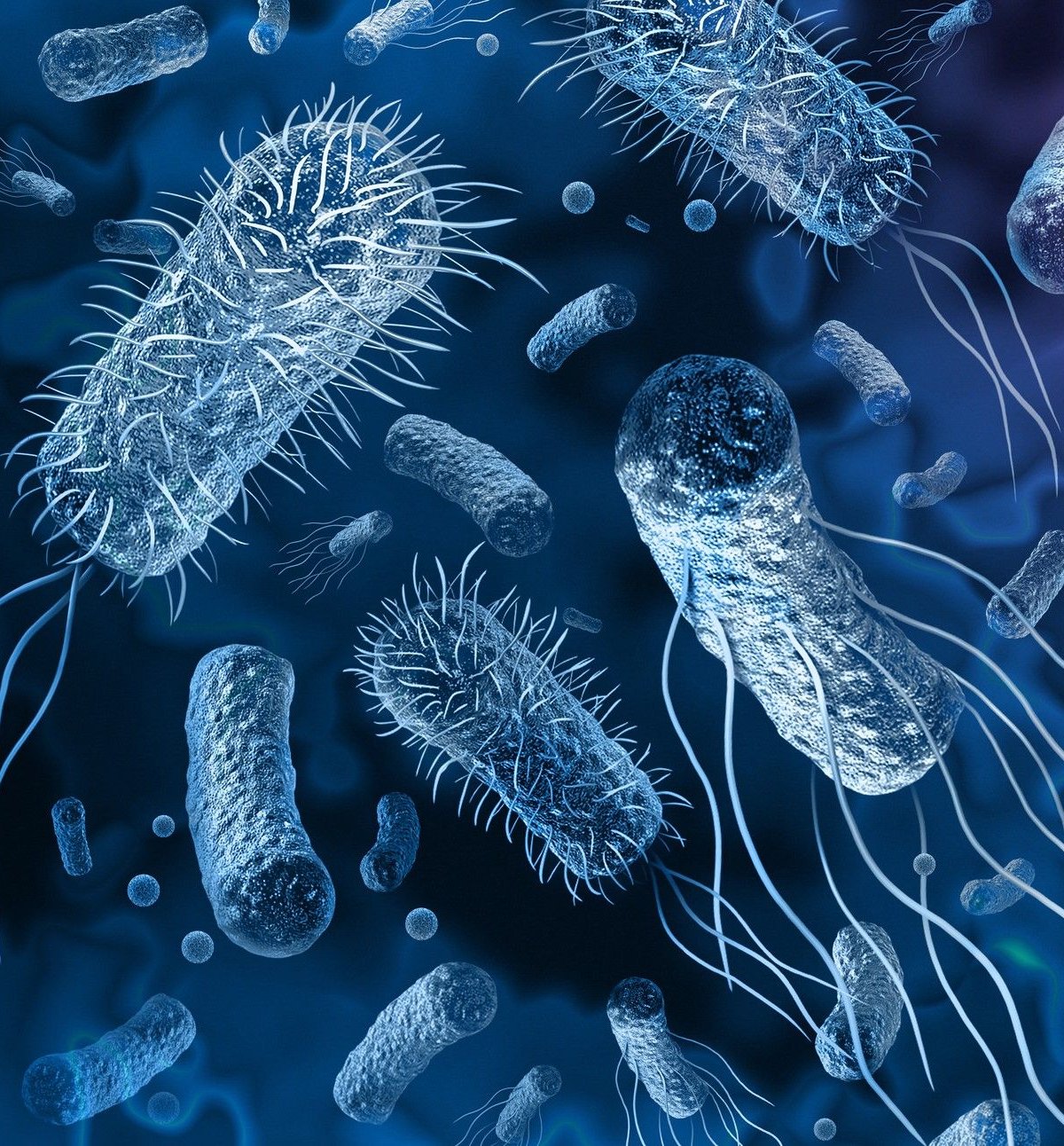Until the mid-2010s, it was common for antibiotics to be easily obtained from pharmacies without a prescription. A more intense flu was already a reason to seek medicine. But it was a futile quest, at least for those seeking treatment.
The maximum is The saying “What doesn’t kill you makes you stronger” is completely true in the life of bacteria. Improper use of these drugs leads to the induction of mutations in these microorganisms that become more resistant to the “attacks” of the drug, making them insufficient to combat pathologies.
But do you know when antibiotics should be used and how these bacteria develop and become the bodybuilders of the microscopic world? Check this out.
Raising super villains
We have been on a long journey of indiscriminate use of antimicrobials for many years since the discovery and use of penicillin, the first antibiotic. It was common for families to have their own “stockpile” of antibiotics for each new child’s sneeze.
However, instead of taking action to prevent injuries We were actually breeding little villains who would become a major public health problem.
The reason for this is that, contrary to popular belief, antimicrobial drugs do not have the effect of strengthening human immunity. It can even harm commensal bacteria that coexist peacefully in our bodies.
The antimicrobial drug will act directly on the bacteria, promoting the death of these microorganisms. However, the shot was not accurate on the first try. It must act for a certain period of time until all organisms die or become inactive.
However, when you use antibiotics for less than the specified period, even if the symptoms are relieved, You may have contributed to the strengthening of the beings living within you..

First, All bacteria that cannot adapt will die, but the fittest will survive, as Darwin’s theories of natural selection hold.
The remaining portion may not cause an immediate health problem, but if the bacteria grow again, higher doses and long-term use of more specific antibiotics will be necessary.
So, every time you use antibiotics incorrectly, the consequences are very likely to cause major problems down the road. Ultimately, all medications must be used consciously and with a prescription. Avoid self-medication.
There is another way to encourage the development of superbugs: improper disposal. All medicines must be destroyed in special collection centers.
When you dispose of medications in public trash, sinks, toilets, or directly on the ground, you contaminate waterways and soil. This also causes bacteria to come into contact with these agents, and long-term exposure to these agents results in mutations and natural selection processes.
Take your medicines correctly and, above all, dispose of them safely at collection points.
Interesting bad guys
The super bacteria that attract the most attention in Brazil are:
- Acinetobacter baumannii: In addition to being found in hospital environments, it is also found in soil in some regions. It is a gram-negative bacterium and is resistant to many antibiotics. It can cause infections in the circulatory system, sepsis, as well as suppurative sores in the organs.
- Pseudomonas aeruginosa: This is one of the most feared bacteria in hospitals and is difficult to control. In addition to the hospital environment, it can also infect water and soil. It can infect multiple systems and cause major damage.

- enterobacteria: Bacteria Klebsiella pneumoniae, Escherichia coli and Enterobacter spp. Although they can affect other systems, they mainly affect the respiratory system and trigger the development of pneumonia.
- Enterococcus faecium: This is a bacteria that can cause infection in the heart and urinary systems, among other systems. Multiple resistance requires the development of new antimicrobials, while existing antimicrobials are ineffective in combating the pathogen.
- Helicobacter pylori: This bacterium is famous for filling the stomachs of its hosts. It can cause diseases such as ulcers and stomach cancer. It has moderate resistance and doses and duration of treatment are the biggest complications.

There are also intriguing superbugs that can be found in lake areas, untreated swimming pools, contaminated soil, and many other environments. Therefore, caution should be taken when visiting less crowded places or consuming food and water.
The sale and prescribing of antibiotics in Brazil is governed by RDC No. 5 May 2011. It is important to emphasize that it started to be regulated at 20, making access to these drugs difficult.
However, a global movement to raise awareness of the correct use and disposal of these drugs is important; so in the near future, superbugs are not becoming an even more serious public health problem.
And remember, avoid self-medication and follow the advice of healthcare professionals.
If you love a potentially deadly micro world, you might be interested in learning about deep-sea superbugs. Be careful and see you next time.
Source: Tec Mundo
I’m Blaine Morgan, an experienced journalist and writer with over 8 years of experience in the tech industry. My expertise lies in writing about technology news and trends, covering everything from cutting-edge gadgets to emerging software developments. I’ve written for several leading publications including Gadget Onus where I am an author.












